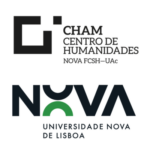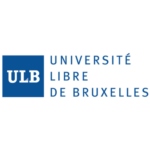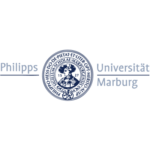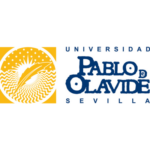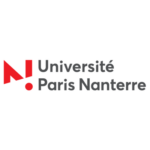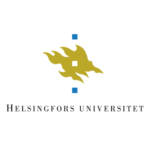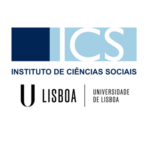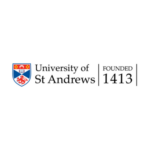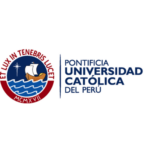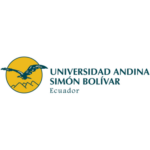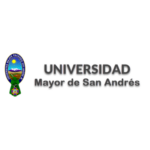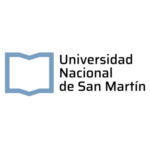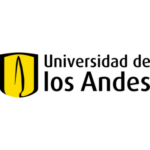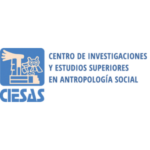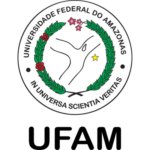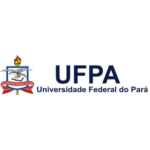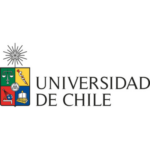Work Package 6
Promoting Indigenous Theories, Methodologies and Languages in the Renewal of Science and Education
WP6 creates new dialogues between Indigenous and non-Indigenous scholars to address past and contemporary (in)formal ways of transmitting Indigenous, land-based, and traditional knowledge. It takes a holistic approach to Indigenous knowledge-making and education, which reflects the entanglement of such knowledge and its deep connections to the land, language, aesthetics, arts, spirituality, governance, history, cultural practices, and relations between humans and nonhumans.
The WP critically and practically studies how non-European Indigenous epistemologies and languages should be engaged within formal education for the renewal of science and interculturality. Furthermore, this WP examines the reciprocal translation of Indigenous and Western concepts, respecting their diversity. Gender, age, and community insider/outsider aspects in Indigenous knowledge production are also approached. Drawing from Indigenous epistemologies, research methodologies, and ethical research, WP6 will promote novel, healthier, and more sustainable intercultural dialogues and encounters. This will contribute to a renewal of science and more impactful research.
WP Leaders

Olivier Le Guen
CIESAS, Mexico
- ompleguen@gmail.com
Professor in Linguistic-Anthropology at the CIESAS (Indo-American linguistics) in Mexico City. Specializes in studying the Yucatec Maya culture and language and the Yucatec Maya Sign Language. His multidisciplinary research integrates methods from anthropology, linguistics, and cognitive psychology to explore how culture and language can influence human cognition, specifically through social interaction. He obtained his PhD at the Nanterre University (Paris) in 2006 and conducted two postdoctoral positions in 2006 at Northwestern University and at the MPI for Psycholinguistics in the Language and Cognition Group.
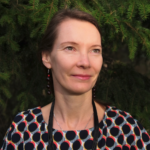
Pirjo Kristiina Virtanen
University of Helsinki, Finland
- pirjo.virtanen@helsinki.fi
Professor of Indigenous studies at the University of Helsinki. Her research focuses on biocultural heritage, temporalities, and human–environment relationality. She has extensively researched Indigenous sustainabilities, Indigenous politics, Indigenous youthhood, and Indigenous research methodologies in the Brazilian Amazon. She is (co)author and (co)editor of numerous publications. Among her many responsibility roles, she is a working group member of the Sámi Research Ethical Principles, a board member of SALSA-Society for the Anthropology of South America and Finnish Ibero-American Foundation, as well as the vice-member of the Finnish IPBES-working group. She has also produced school materials for Apurinã and Manchineri Indigenous schools.

Valentina Vapnarsky
Université Paris Nanterre, France
- valentina.vapnarsky@cnrs.fr
Director of research at the Centre National de la Recherche Scientifique, member of the Centre Enseignement et Recherche en Ethnologie Amérindienne of the LESC (Laboratoire d’ethnologie et de sociologie comparative), UPN. She is also director of studies at the École Pratique des Hautes Études and teaches Maya at the INALCO in Paris. A linguistic anthropologist, she researches diverse topics related to Maya verbal and written practices in Mexico and Guatemala, especially in maaya t’aan (Yucatec Maya), which her teaching has brought to the French academic curriculum. From this experience and her involvement in the Wayana digital repatriation project SAWA (French Guaiana), she develops reflections on collaborative practices and digital returns in Amerindian communities.
Other Researchers
- Researcher 1
- Researcher 2



